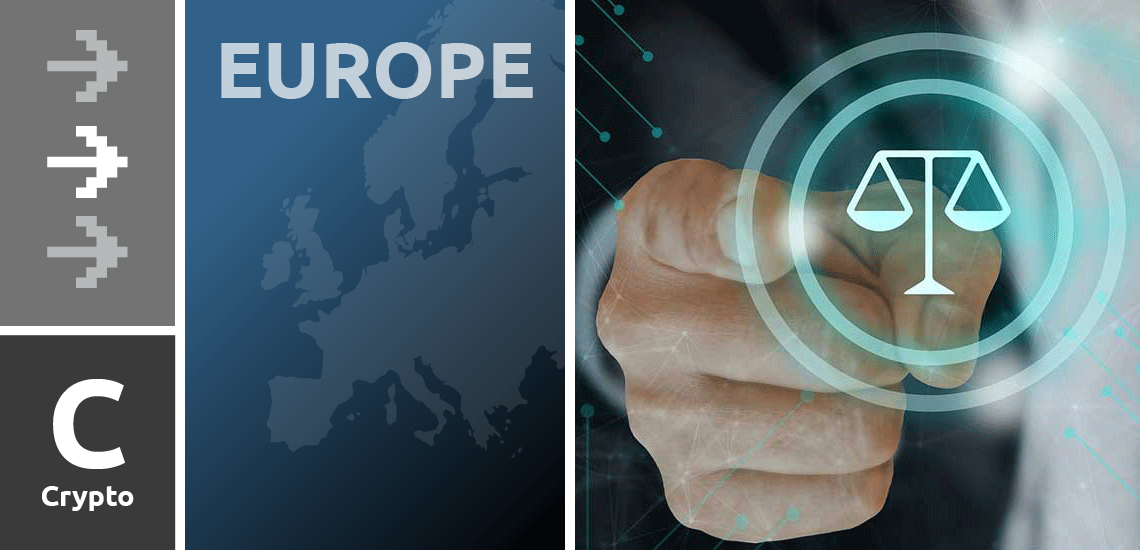
Crypto companies in the Netherlands, including Bitvavo and Coinmerce, have won a legal battle against the Dutch central bank (DNB) over a $2.3 million fee imposed for anti-money laundering registration. The Rotterdam court ruled that the DNB had overstepped its legal authority in assessing the registration requests. The court also highlighted that it is not permissible to lawfully impose supervisory costs for 2021 on crypto service providers. The ruling does not affect the costs incurred in 2020, and separate legal proceedings are ongoing to address the 2022 fees. The Netherlands has maintained a stringent stance towards cryptocurrency firms, including imposing substantial fines on Coinbase and Binance for their failure to register. Gemini recently announced its withdrawal from the Dutch market due to the strict regulatory environment. Patrick van der Meijde, President of the United Bitcoin Companies of the Netherlands (VBNL), expressed satisfaction with the court’s decision. He stated that the registration obligation, as outlined in EU anti-money laundering legislation, had been violated in the Netherlands. The exorbitant costs associated with this registration should not have been passed on, as they fall beyond the DNB’s mandate. In response to the ruling, a spokesperson for the DNB confirmed that they had taken note of the decision and would engage in further consultations with the finance ministry to address the matter. The spokesperson asserted that the central bank had consistently adhered to Dutch laws and regulations and reiterated that the ruling reaffirmed their authority to provide effective money-laundering oversight for the crypto sector and other financial institutions. Financial regulators in Europe typically do not rely on taxpayer funding, opting instead to charge operational costs to the entities they supervise, in proportion to their size. Crypto companies in the Netherlands have won a legal battle against the Dutch central bank (DNB) over a $2.3 million fee imposed for anti-money laundering registration. The Rotterdam court ruled that the DNB had overstepped its legal authority in assessing the registration requests. The court also highlighted that it is not permissible to lawfully impose supervisory costs for 2021 on crypto service providers. The Netherlands has maintained a stringent stance towards cryptocurrency firms, including imposing substantial fines on Coinbase and Binance for their failure to register. Patrick van der Meijde, President of the United Bitcoin Companies of the Netherlands (VBNL), expressed satisfaction with the court’s decision. In response to the ruling, a spokesperson for the DNB confirmed that they had taken note of the decision and would engage in further consultations with the finance ministry to address the matter. The spokesperson asserted that the central bank had consistently adhered to Dutch laws and regulations and reiterated that the ruling reaffirmed their authority to provide effective money-laundering oversight for the crypto sector and other financial institutions. Financial regulators in Europe typically do not rely on taxpayer funding, opting instead to charge operational costs to the entities they supervise, in proportion to their size. Separate legal proceedings are ongoing to address the 2022 fees.
This News Article was automatically generated by Bob the Bot (AI)
This News Article was automatically generated by Bob the Bot (AI)
| Information | Details |
|---|---|
| Geography | Europe |
| Countries | 🇳🇱 |
| Sentiment | neutral |
| Relevance Score | 8 |
| People | DNB Spokesperson, Patrick van der Meijde |
| Companies | United Bitcoin Companies of the Netherlands (VBNL), European Union anti-money laundering regulations, Coinmerce, Bitvavo, Dutch central bank (DNB) |
| Currencies | BUSD, dutch guilder, Ethereum, Bitcoin, Euro |
| Securities | None |

